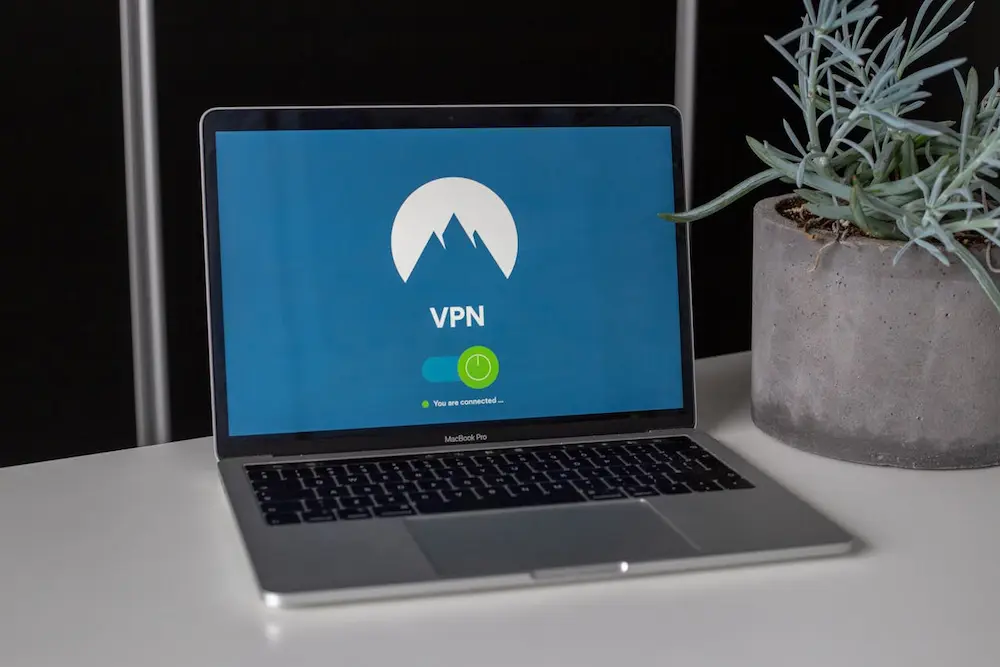The firewall is an important part of cyber security. They are crucial for protecting our digital lives and ensuring cybersecurity. It serves as a vigilant guardian, protecting against unauthorized access and malicious activities.
Online, firewalls keep our digital assets safe and help manage geo-restrictions. Let’s learn about them, the role of firewalls in cyber security, and how can someone get past them?
Unraveling the Role of Firewall in Cyber Security
A firewall is like a guard that protects your computer from the dangerous internet. The main job of cyber security is to watch and control network traffic using security rules. Think of it as the protector of your online castle. It ensures that only the approved information gets out.
Preventing Unauthorized Access
The firewall’s main function in cyber security is to stop unauthorized access. Firewalls keep your network safe from cyber attacks by blocking outside threats. It keeps your important data safe by blocking hackers and viruses.
Data Filtering and Intrusion Prevention
Firewalls use complex algorithms and rules to filter data packets that come in and go out. They can protect your system by filtering and blocking harmful content. It helps in stopping suspicious activities that could harm your network’s security.
Navigating Boundaries: Geo-Restriction and the Firewall’s Role
Understanding Geo-Restriction
In the age of global connectivity, geo-restriction has become a prevalent practice. Lots of websites and streaming services restrict access based on where you are. The firewall in cyber security controls access to content based on user location.
Geo-Restriction Challenges
Sometimes, we face restrictions that limit us from accessing certain online content. This could be due to licensing agreements, regional regulations, or content distribution policies. In these situations, the firewall guards and controls what content providers can do.
Breaking the Chains: Circumventing Geo-Restrictions
So, how can we overcome digital barriers from geo-restrictions? The answer lies in the use of Virtual Private Networks (VPNs). VPNs encrypt your internet connection and route it through other servers. This helps keep your location safe. With this digital trick, people can get around location restrictions. It allows you to access content from anywhere.
Can You Break Through the Firewall?
Yes, breaking through firewalls is possible. But, it is crucial to emphasize the ethical aspects of these actions. Companies spend a lot of resources on ethical hacking to test their cybersecurity. Security professionals use cyber-attack simulations to find weaknesses in a system. This helps them strengthen the firewall’s defenses.
But, in case you need to watch geo-restricted content, you can use a VPN to bypass your firewall. There are several reliable options available, but our best recommendation is Surfshark. It is a featureful and affordable option that will keep your data safe. Get started with Surfshark today and have a great viewing experience.
Breaking the Mold: Strategies for Enhanced Cyber Security
Firewall Configurations
Understanding the intricacies of firewall configurations is key to optimizing cyber security. To have a strong defense, you should update the rules for your firewall. Also, check the traffic on your network and set controls for access. The role of firewalls in cyber security is not static. It evolves with the dynamic nature of cyber threats.
Educating Users
Human error remains a significant factor in cybersecurity breaches. To make things safer, it is important to learn about firewalls. Other than this, you should also try to understand the dangers of bypassing security.
Advanced Threat Protection
You should use strong firewalls and advanced threat protection to protect yourself. To find and prevent new dangers, you can use intrusions and behavior analytics. An antivirus software can also do a fine job.
The Future of Cybersecurity
The role of artificial intelligence (AI) and machine learning (ML) is gaining prominence. Firewalls can learn from new threats, making it easier to detect cyber-attacks. They can adapt too.
Zero Trust Security Models
The way we trust network entities is changing to a zero-trust security model. This method assumes that you cannot trust nobody, both inside and outside the network. It checks the identity and security of every user and device that wants to connect.
Blockchain for Enhanced Security
Blockchain technology is improving cybersecurity. It offers secure and decentralized solutions that no one can tamper with. Using blockchain with firewalls adds extra security by verifying and showing network transactions.
Conclusion
When we go online, it’s important to understand how firewalls keep us safe from cyber threats. It’s a key part of our digital protection. Stay safe online and feel secure by using a reliable VPN service like Surfshark. And, remember to understand and respect the role of firewall in cyber security.

